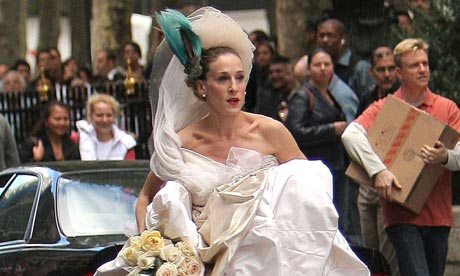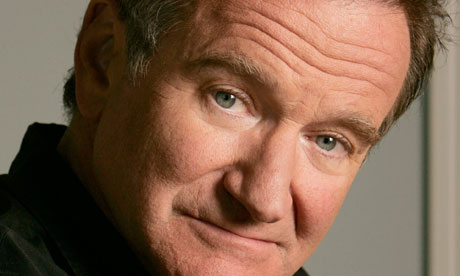Rutashubanyuma
JF-Expert Member
- Sep 24, 2010
- 219,470
- 911,174
- Thread starter
- #41
Nimeipenda ya kuzaa na waume za watu.halafu unaendelea kivyako na sivinginevyo
bora umekuwa mkweli kulikoni wengineo ambao wanakuwa mbogo wanapokutanishwa na msema ukweli wa maisha ya mwanadamu.............




